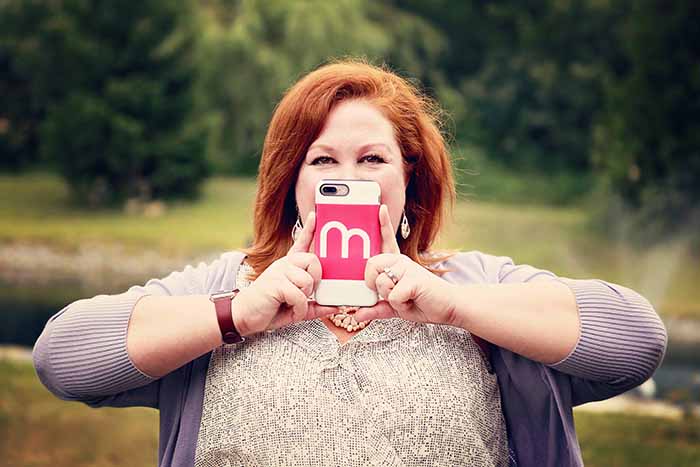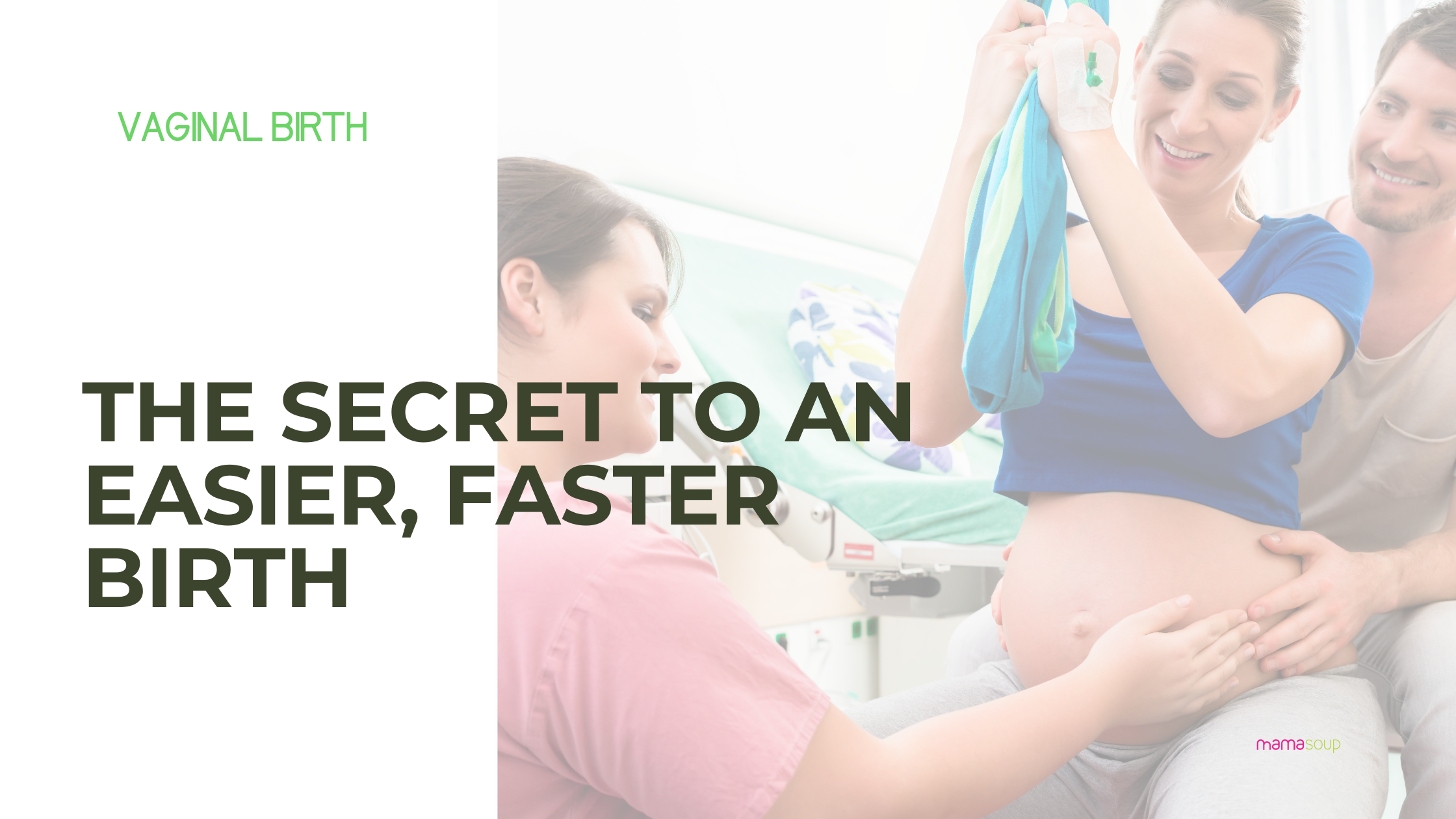The Best Cheat Sheet for Prenatal Apointments and Testing for a Healthy Pregnancy
You're pregnant!
Congratulations, Mama.
I know you have a lot of questions and concerns about what to expect from your prenatal appointments in the first couple of trimesters: from Rh-negativity to gestational diabetes to integrated prenatal screening, there’s a lot going on!
If you’re anything like me you appreciate knowing what to expect now that you're expecting.
As a nurse, I've guided a lot of new moms through the process of their prenatal care in the first 30 weeks. Since sharing is caring, I'm passing all this juicy information on to you!
First thing's first: how do we calculate your due date?
The first day of your last period + 7 days - 3 months = Due Date.
OR
The first day of your last period + 280 days = Due Date
Remember- Your "Due Date" is just a suggestion. The only one who can determine when a baby is safely ready to be born is the baby!
9-12 WEEK PRENATAL APPOINTMENT
This is when you should schedule your first prenatal visit. During this visit, you will be asked a lot of questions about you and your family history so it can be recorded in your Antenatal Record. This is an important document that is shared with all providers involved in your care during your pregnancy and birth.
During this visit, your care provider will discuss:
-Routine care during your pregnancy
-Prenatal screening/blood tests/swabs that may be done during your pregnancy
-Different options for your primary prenatal care provider (Midwife, Family Doctor, Obstetrician)
-Medications that you're on
-Lifestyle choices during pregnancy
-Prenatal class information
** This is a great time to discuss and arrange the IPS* (Integrated Prenatal Screening) if desired.
What the Hell is Integrated Prenatal Screening?
*IPS (Integrated Prenatal Screening): a prenatal screening test that uses an early ultrasound and two blood tests to measure your chance of having a baby with Down Syndrome, Trisomy 18 and open neural tube defects (like spina bifida) in this pregnancy. If you decide that this test is right for you, you need to have the ultrasound and first blood test between 11 weeks and 13 weeks + 6 days. The second blood test is done at 15-20 weeks of pregnancy, ideally at 15-16 weeks.
12 WEEK PRENATAL APPOINTMENT
**If you opted to have the IPS Screening, the first part will be done prior to this appointment.
A routine blood work requisition will be given to you at this visit. Your blood work can tell your care provider a lot! For instance, you may need iron supplements that you didn’t know you should be taking or your baby may require a Hepatitis B immunization soon after birth.
Here’s a list of things your blood will commonly be tested for:
- Complete blood count (CBC)
- Blood typing
- Hepatitis screening
- Rubella VDRL (Syphilis)
- HIV (the virus that causes AIDS)
- Parvovirus immunity (also known as Fifth Disease)
- Varicella immunity (Chicken Pox)
- Thyroid levels (only if you're currently on thyroid medication)
Your care provider will probably also check your weight and blood pressure. Finally, your urine will be tested to make sure that you don’t have elevated blood sugars or a bladder infection.
At this appointment, arrangements will probably be made for your ultrasound at 18 weeks.
16 WEEK PRENATAL APPOINTMENT
** Ideally, the second part of the IPS Screening has been completed prior to this appointment.
This visit with your care provider is pretty low-key if you're having a normal, healthy pregnancy. It's a great time to have a list of questions prepared for your doctor with everything that's on your mind!
This appointment will be about routine checks such as:
-weight
-blood pressure
-urine testing
18 WEEK PRENATAL APPOINTMENT
You won't have an appointment with your primary care provider, but you will have your ultrasound done!
20 WEEK PRENATAL APPOINTMENT
You may notice that you can feel the baby's moving around now!
From now on measurements of your tummy will be taken to see how the baby is growing.
At this visit you will also have routine checks such as:
-blood pressure
-weight
-urine testing
24 WEEK PRENATAL APPOINTMENT
At this visit, you will have routine checks such as:
-blood pressure
-weight
-urine testing
And something new:
-measurement and palpation of your tummy
When your doctor or nurse is measuring your tummy, it's not just to see how much your belly has grown! They are actually measuring from the top of your uterus (your fundus) to your pubic bone. This number usually matches up pretty closely with the amount of weeks pregnant you are. If it doesn't, it could mean your baby is growing slower or faster than normal. It can also mean your baby is 'large for your dates'. This is also called Fetal Macrosomia.
(RELATED: Fetal Macrosomia: 6 Things You Need to Know About Having a Big Baby)
What the Hell is the Glucose Tolerance Test?
At this appointment, your doctor will give you a requisition for a blood test called a GTT (glucose tolerance test). You'll need to have this test completed between 24 and 28 weeks.
This test checks for increased blood sugar, which may indicate Gestational Diabetes (a form of diabetes that only occurs during pregnancy and resolves after birth).
Here's What to Expect During Your GTT:
- You need to fast for about 8 hours before the test, but it’s ok to drink water.
- A blood sample is taken.
- You drink a very sugary drink.
- You wait in the waiting room (1 hour if you have no risk factors for Gestational or Type 2 Diabetes, 2 or 3 hours if you do).
- Your blood is tested again.
** Your test results will be forwarded to your care provider and they will contact you if there’s an abnormal result.
Did you know?
About 18% of pregnant women develop Gestational Diabetes in the second trimester.
At this visit, your care provider should also be discussing whether or not you require RhoGAM (Rhig)
What the Hell is Rh-Negative?
If a woman is Rh-negative, she needs to receive a couple of injections so her body doesn't see her unborn baby as an intruder.
RhoGAM is an injection given to mothers who are Rh-negative.
RhoGAM is a solution made of human blood plasma.
A Very Simple Explanation of Why You May Need the RhoGAM Injection:
Rh is a protein that is found on the surface of red blood cells. When someone is Rh-positive, that protein is present. When someone is Rh-negative, that protein is missing. This happens in about 15% of the population.
Being Rh-negative isn't typically a problem until someone is pregnant or needs a blood transfusion.
If you're Rh-negative and your baby is Rh-positive the problem can arise if your blood mixes: your body sees your baby's Rh-positive blood cells as intruders, and will make antibodies to fight them.
28 WEEK PRENATAL APPOINTMENT
At this visit, you will have routine checks such as:
-blood pressure
-weight
-urine testing
-measurement of your tummy
You'll discuss the results of your GTT (Glucose Tolerance Test).
If your blood type is Rh-negative, you'll be required to have further blood work for group and screening of your blood type. Once the results from that test are back you'll be notified that that you need to visit the hospital to have an injection of Rhig.
This injection can be given anytime within the next 2 weeks.
30 WEEK PRENATAL APPOINTMENT
If you are a candidate for Rhig, you should have received an injection by now.
Routine checks such as:
-blood pressure
-weight
-measurements of your tummy
-a urine test
Usually you are transferred to the care of a Midwife, delivering Family MD or an Obstetrician at this point.
Post Gallery
Hey there, I’m Joanne.
I’ve spent about 20 years serving women as a nurse, doula and Lamaze educator. I have 4 kids and I know firsthand how lonely and isolating motherhood can be, so I created MamaSoup. I'm mostly known for my love of red wine, spontaneously singing and my confidence in being my true self on social media. When I’m not busy building women up, you can catch me taking Instagram stories of my bulldog Ruby, watching The Handmaid’s Tale, playing MUber (Mom Uber) to my kids or vacationing in my favourite town: Cabo San Lucas, Mexico.
I love serving the world by providing a space for moms to connect and support each other. In my opinion, moms are the backbone of communities because they are (literally) raising the future!
As the founder and CEO of MamaSoup, I’ve been featured on CHEX TV Morning Show, KawarthaNOW, Economic Development- The City of Kawartha Lakes and MyKawartha.
Still with me? Join me over at MamaSoup to keep the conversation going!
Read More










